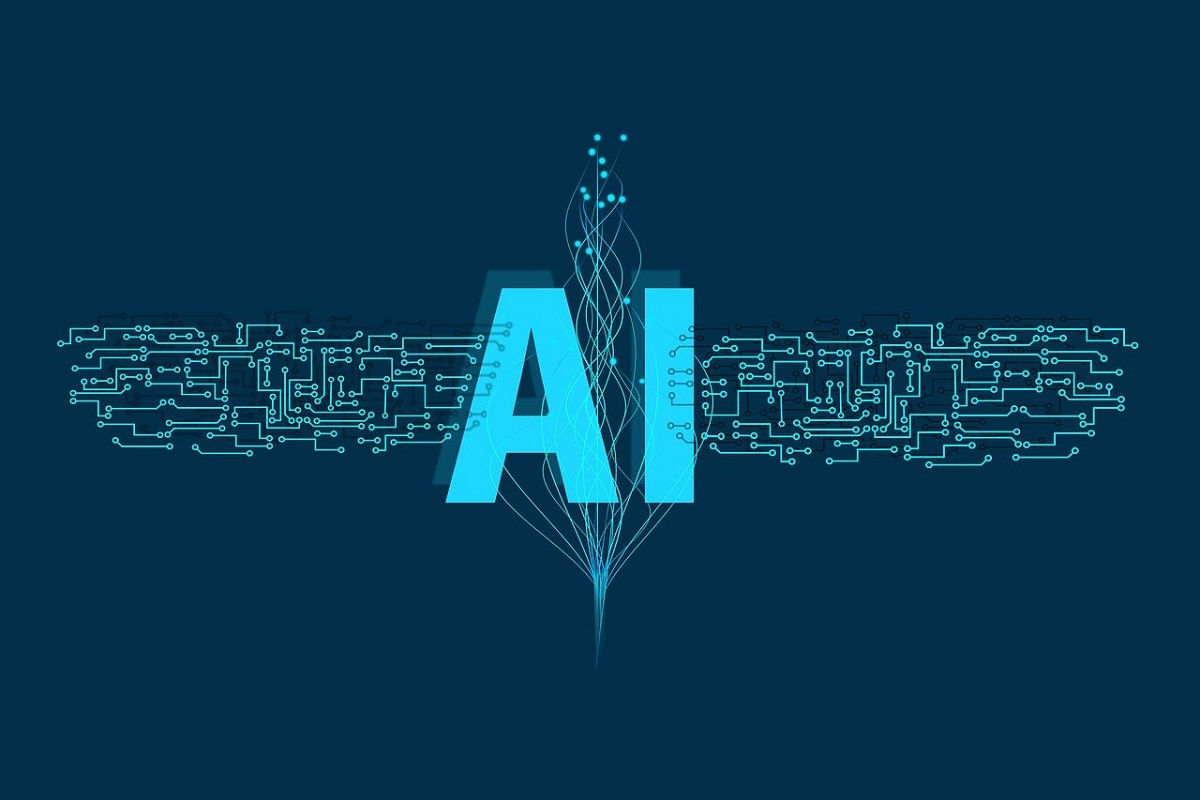During the G20 summit in India, one of the main issues to be discussed and studied was the responsible use of artificial intelligence.

In the context of the consideration of these issues related to the consequences of the active spread of advanced technology and its deep penetration into many spheres of life, special attention was paid to the ability of world leaders to provide a kind of positive framework for the use of AI and to prevent going beyond borders, the crossing of which means the destructive influence of machine intelligence, provoking large-scale negative consequences.
Some representatives of the G20 countries have proposed global guidelines for digital intelligence. For example, the report of Indian Prime Minister Narendra Modi indicated that the states of this association should develop a framework for human-oriented AI rules. The President of the European Commission, Ursula von der Leyen, called for the creation of a regulatory body that would become an analog of the Intergovernmental Panel on Climate Change in the area of advanced technologies. At the G-20 session in New Delhi last Sunday, September 10, she said that it is an indicative fact that even the creators and inventors of artificial intelligence are calling on political leaders to create a system for regulating processes in the AI industry.
In their final message, the leaders of the association countries promised to take measures that will ensure responsible development, deployment, and use of machine intelligence. They noted that these efforts will guarantee compliance with the law, transparency, confidentiality, and a high level of data protection. The G-20 leaders also agreed on the importance and necessity of finding an innovative approach to regulation and management, within which the advantages of artificial intelligence will be used, but at the same time, attention will be paid to potential risks.
The summit was held on the eve of a busy period in Washington on AI regulation. The U.S. Senate plans to hold three hearings to discuss advanced technology. One of the hearings will be devoted to the consideration of the adoption of AI legislation, which will be held by the judicial subcommittee of the upper house of Congress with witnesses, including Microsoft President Brad Smith and Nvidia Chief Scientist William Dally.
The Senate Commerce Subcommittee will discuss the need for transparency in the field of artificial intelligence. The participants of this hearing will be witnesses from the BSA/Software Alliance and the Information Technology Industry Council.
US Senate Majority Leader Chuck Schumer will hold a forum on artificial intelligence on September 13, which will be attended by technology leaders and experts, including Meta Platforms CEO Mark Zuckerberg and Tesla and X CEO Elon Musk.
Cary Coglianese, Edward B. Shiels Professor of law and professor of political science at the University of Pennsylvania Law School said last month during a conversation with media representatives that AI regulation is a multifaceted task, varying depending on the type of algorithm and its use. According to him, in this case, there is no single static mechanism. He is also convinced that several new regulators will have to be created to regulate AI, which should be flexible and vigilant. Cary Coglianese believes that no legislative act is the final and comprehensive solution to the problems associated with artificial intelligence.
As we have reported earlier, Microsoft’s President Says AI Needs Human Control.









